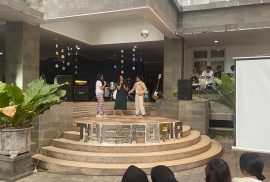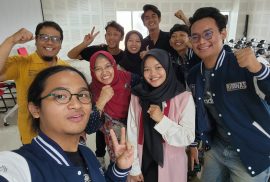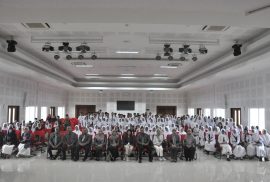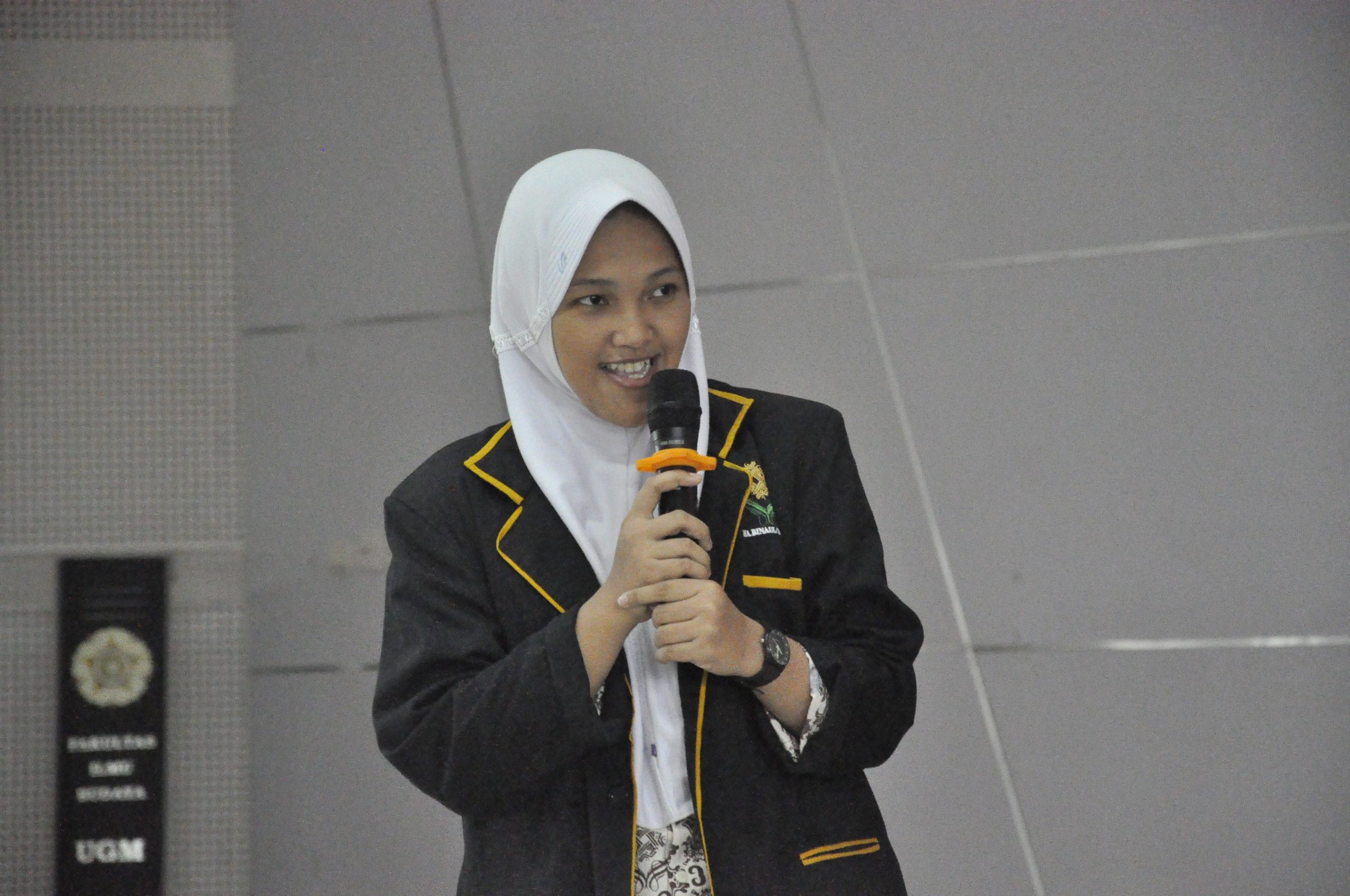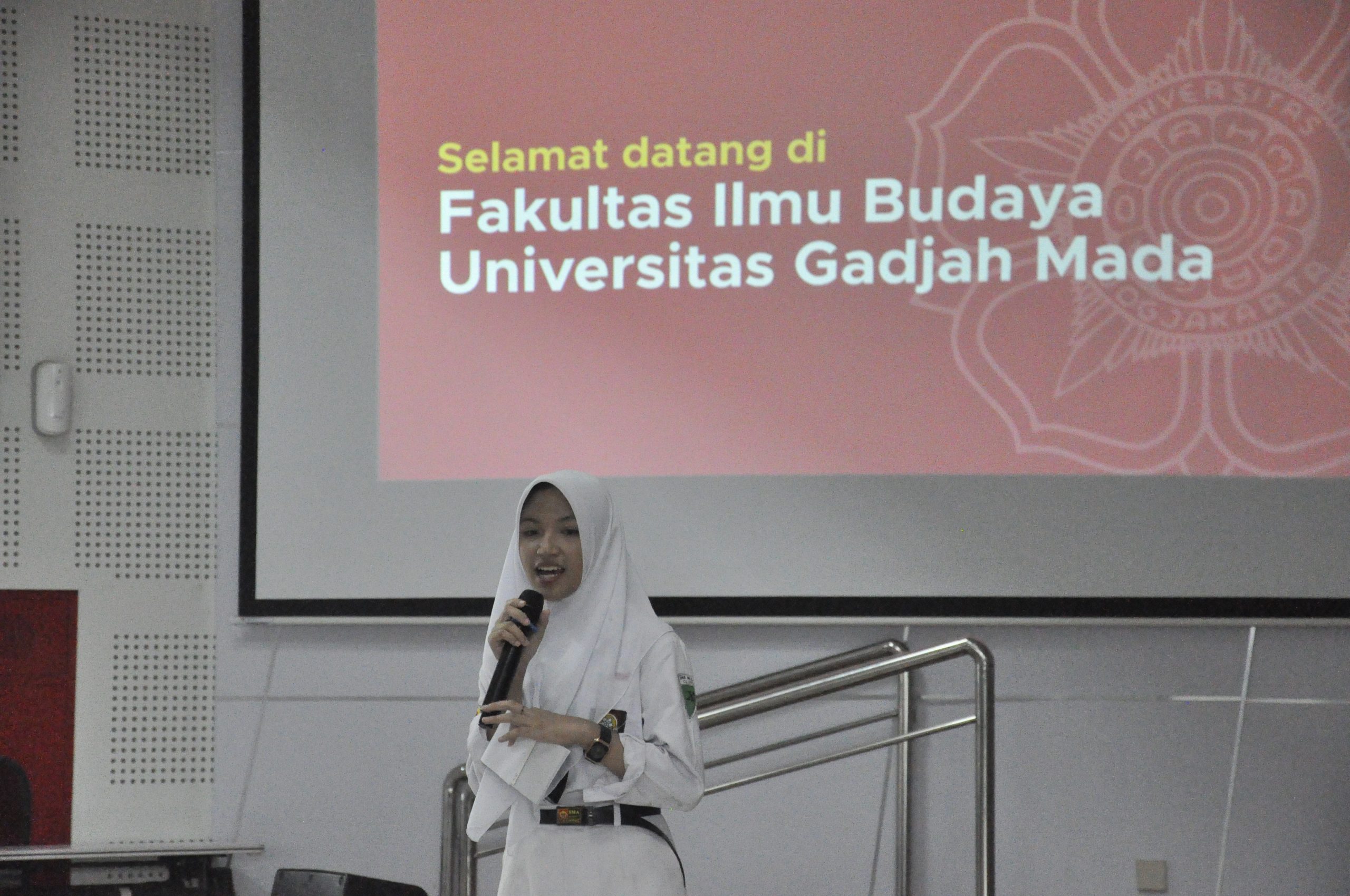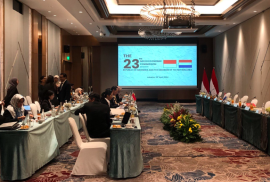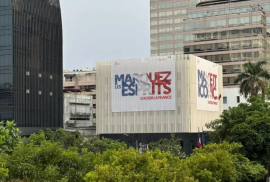Yogyakarta, October 15, 2024 – TUESFORIA, an exciting collaboration event between *Creative Day* and *Panggung Kansas*, was successfully held and captivated the attention of many students at the Faculty of Cultural Sciences (FIB) Universitas Gadjah Mada. Located in Soegondo Courtyard, the event, which took place starting at 16.00 WIB, became a place of artistic expression and creativity for students who wanted to unwind in the midst of busy academic activities.
Organized by the Ministry of Creative Economy, Ministry of Interest and Talent, Abra Nirmala Cabinet, TUESFORIA offers a variety of interesting activities. The ‘Bead Knotting’ and ‘Clay Painting’ workshops were the highlights, where participants had fun creating with art materials while being accompanied by a refreshing afternoon atmosphere. These two workshops not only attracted participants because of their affordable price-only Rp 10,000-but also because they provided practical experience in producing artworks.
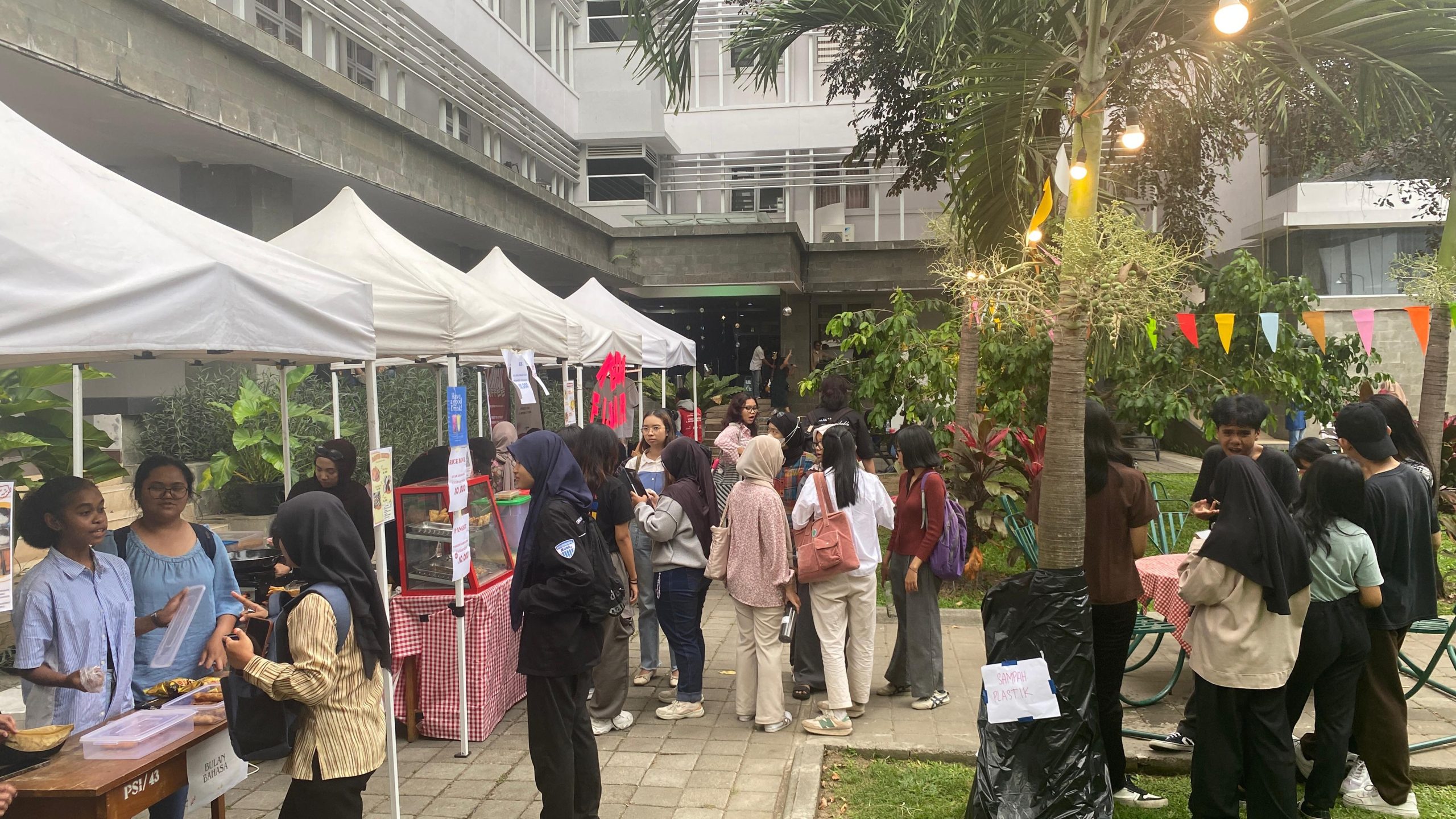
Photobooths with interesting backgrounds also became one of the visitors’ favorite spots. Students who attended captured their moments with friends, creating beautiful memories of this event. In addition, a number of FIB student tenants offered creative products that made the atmosphere more lively. Visitors can enjoy food that also enriches the event with the nuances of creative entrepreneurship.
The highlight of the event was the amazing performance of the Panggung Kansas talents, who mesmerized the audience with music and art stage acts. Melodious voices and energetic music filled the area, creating a warm and energetic atmosphere. Students in attendance seemed to enjoy every moment, singing along and clapping along to the beat.
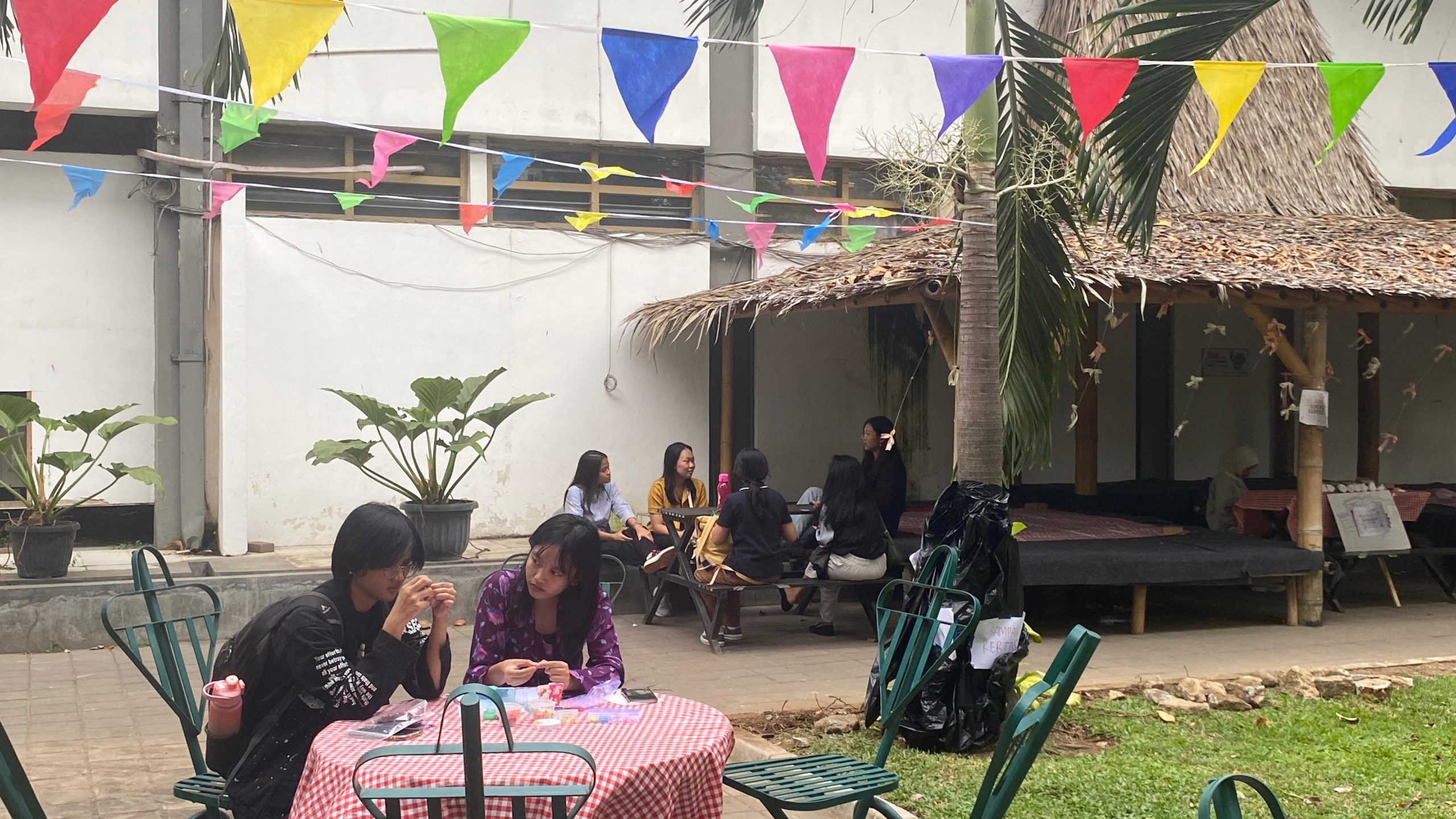
The success of TUESFORIA cannot be separated from the full support of LEM FIB 2024 and the extraordinary spirit of student participation. This event is clear evidence that art and creativity collaboration can be an effective means of building togetherness and expressing oneself. With the success of this event, many participants hope that TUESFORIA can be an agenda that continues to be developed, as a space for gathering, expressing, and sharing creativity between students. “This event is very exciting! I hope it can be held again next year with more creative activities,” said one of the participants enthusiastically.

